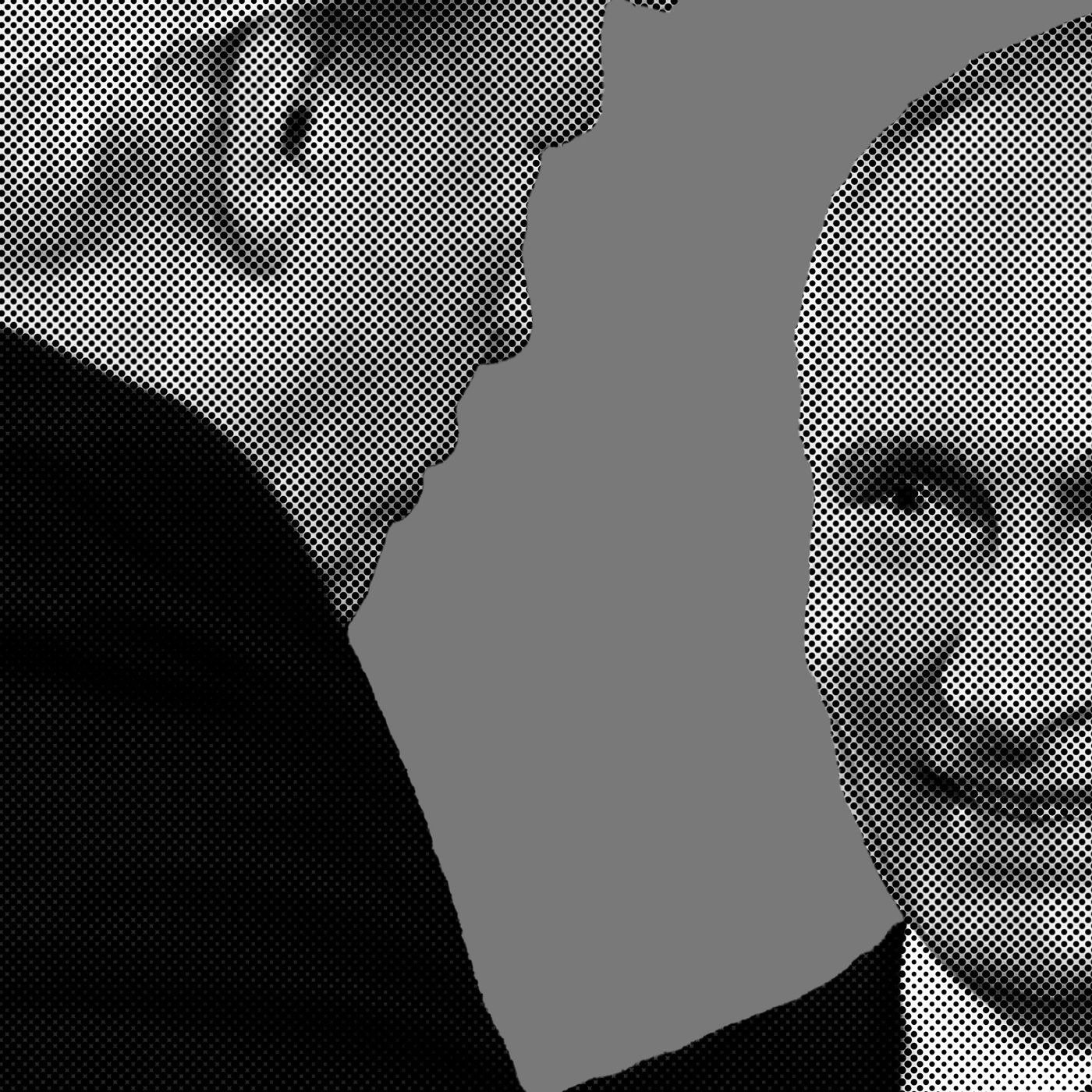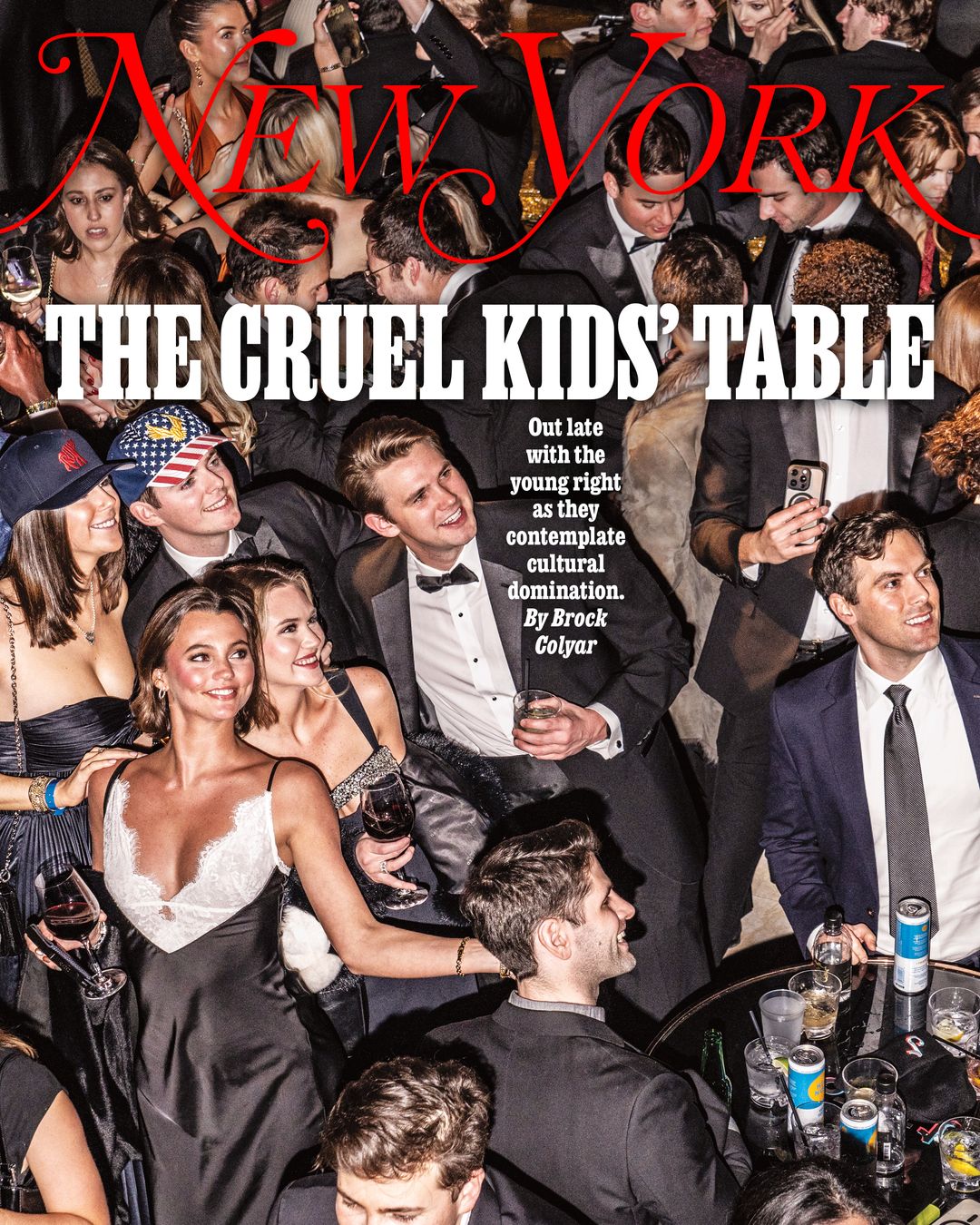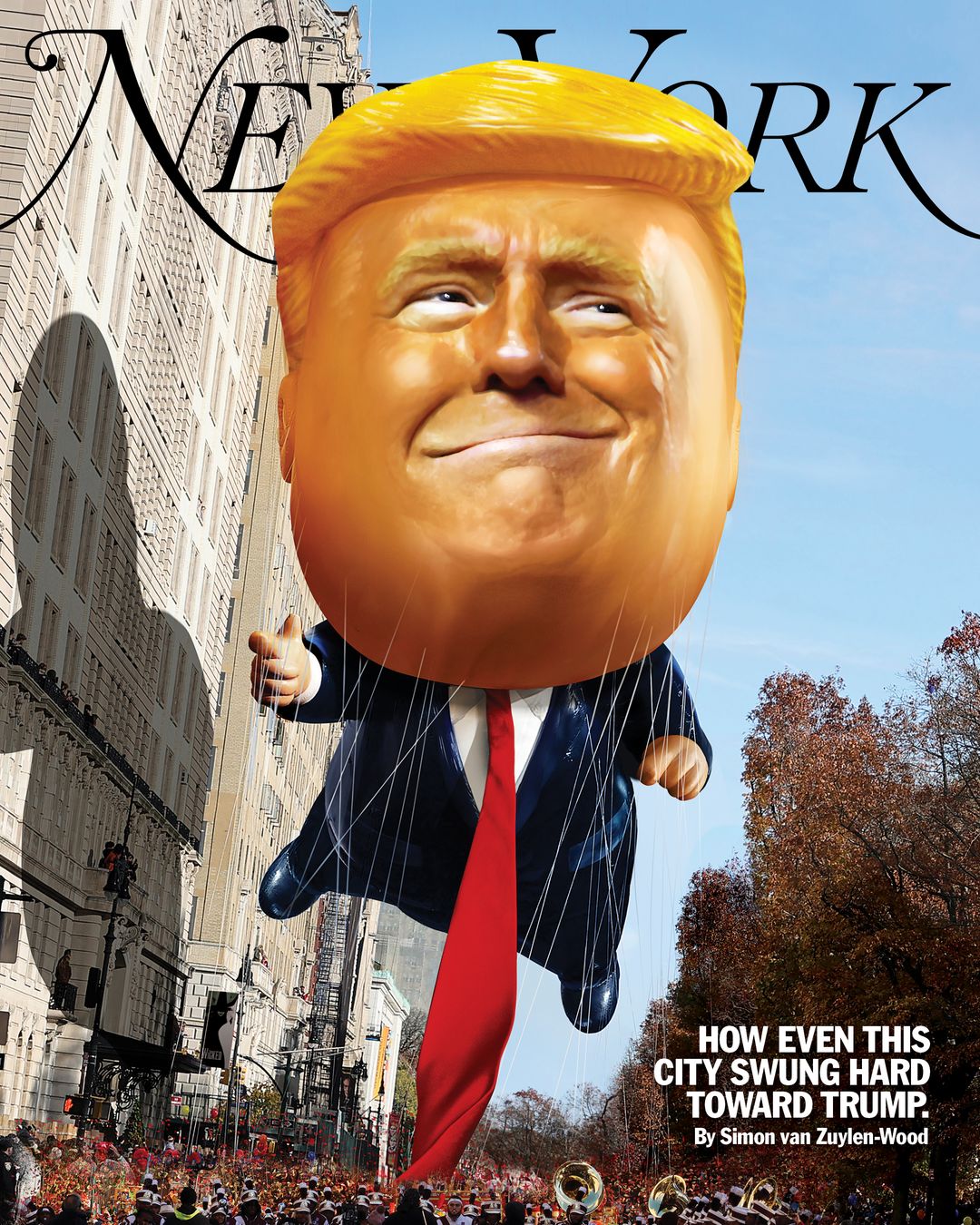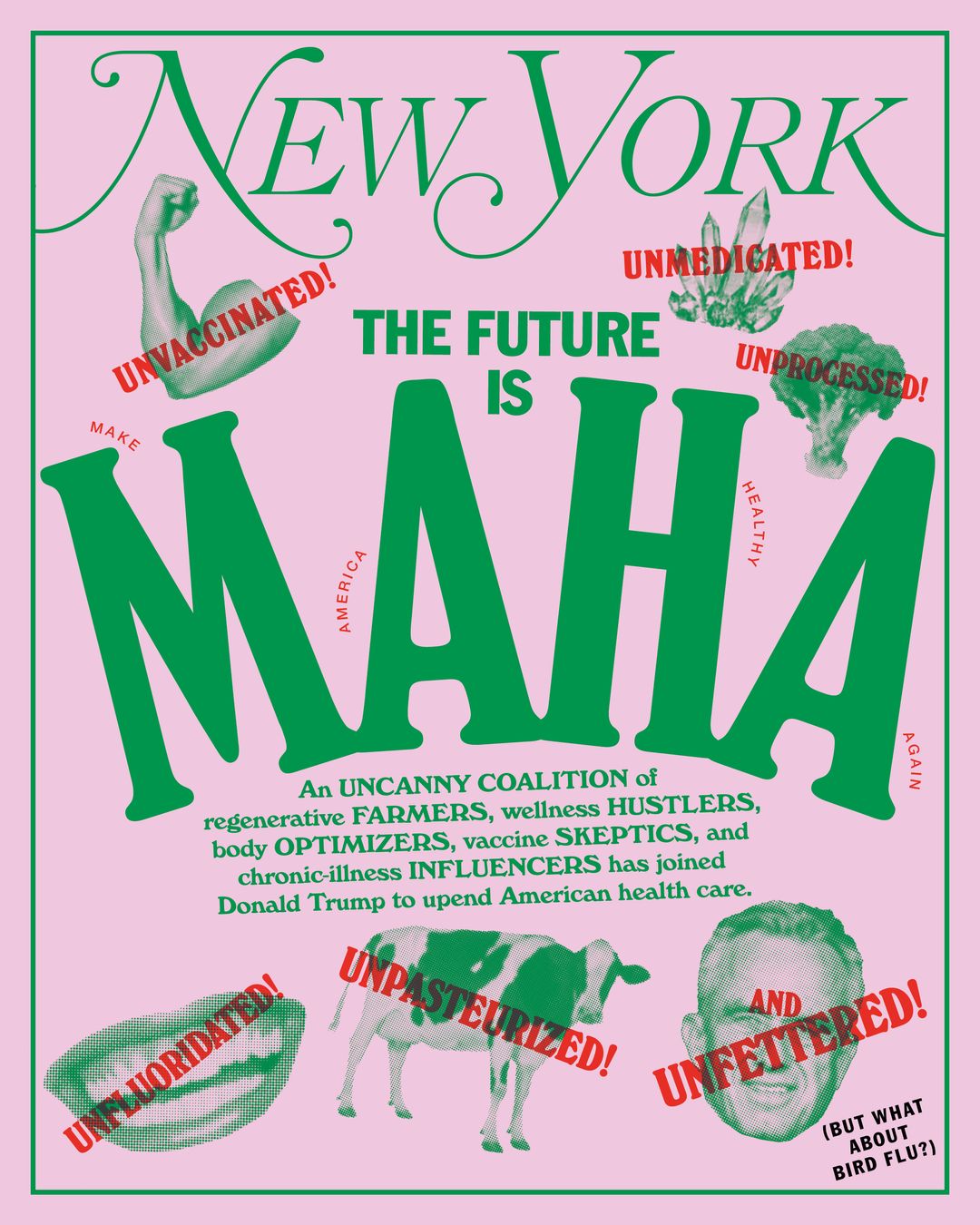
New York Magazine
New York Magazine Rated Left in Jan. 2025 Independent Review
A Jan. 2025 Independent Review by an AllSides reviewer found strong left bias in New York Magazine. For example, the cover story, "The Cruel Kids' Table," which stated, "Among the young, confident, and casually cruel Trumpers who, after conquering Washington, have their sights set on America." By calling Trump supporters "cruel," New York displayed a subjective qualifying adjectives. New York Magazine showed a clear Left bias in story choice — one article called Trump's pardons "distracting;" another was titled, "Trump's Sneaky Opening Attack on Abortion Rights."
Cover stories in late 2024, around the time of Trump's election, typically had an anti-Trump bent and a bent against his adminstration. A piece about the Make America Healthy Again (MAHA) movement was seen as analytical and containing subjective descriptions, though not overly negative; however, it was slanted against claims that flouride in water and seed oils are harmful, though it took a more sympathetic approach to concerns about food dyes. It did contain numerous source omissions, such as (emphasis ours): "RFK Jr. has also suggested that microplastics might have contributed to “gender confusion” among kids via endocrine disruptors, which scientists say is completely unfounded," and stating, "Most research has shown the opposite: The unsaturated fat commonly found in seed oils has been linked to lower risk of cardiovascular disease and cancer. Beef tallow, on the other hand, is primarily made up of saturated fat, which studies have shown increases the risk of cardiovascular disease." New York Magazine did not link to the studies or "most research."



NPR reporter Uri Berliner wrote an essay for The Free Press arguing that the network has lost chunks of its audience by growing too dogmatically progressive. Some of the evidence supports his claim. Unfortunately, he undermines his case by leading with an example that in no way vindicates the thesis, and actually undermines it: coverage of the Trump-Russia scandal.
Berliner presents the story as a nothingburger that NPR breathlessly hyped and then ignored when it turned out to exonerate the president:
“Persistent rumors that the Trump campaign colluded with Russia over the election became the catnip that drove reporting. At NPR, we hitched our wagon to Trump’s most visible antagonist, Representative Adam Schiff.
Schiff, who was the top Democrat on the House Intelligence Committee, became NPR’s guiding hand, its ever-present muse. By my count, NPR hosts interviewed Schiff 25 times about Trump and Russia. During many of those conversations, Schiff alluded to purported evidence of collusion. The Schiff talking points became the drumbeat of NPR news reports.
But when the Mueller report found no credible evidence of collusion, NPR’s coverage was notably sparse. Russiagate quietly faded from our programming.”











